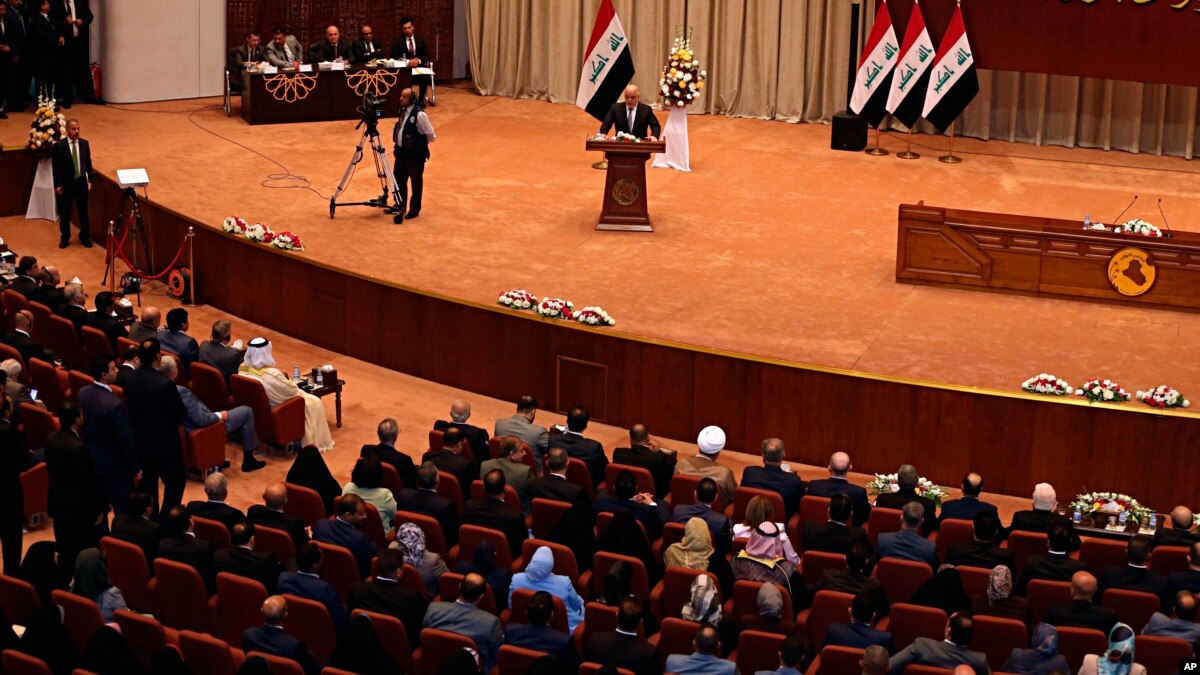
Iraq's parliament on Thursday approved a vastly expanded state budget for 2019, after weeks of wrangling over how to apportion revenue among the country's regions damaged by the war against the Islamic State group.
The new budget, at 133 trillion Iraqi dinars ($112 billion), represents a 27 percent increase in spending over the previous year, to be paid in part by higher projected oil prices and a slight bump in oil exports.
It forecasts oil exports from OPEC's second leading oil producer to average 3.88 million barrels per day, at $56 per barrel, up from 3.8 million barrels at $46 per day in 2018.
Still, the budget projects a $23 billion deficit in 2019.
Prime Minister Adel Abdul-Mahdi's government still needs to ratify the bill, which includes several amendments to the budget proposal it submitted last year.
"The government will study the amendments and additions that Parliament has included," Abdul-Mahdi's office said.
The budget authorizes a reconstruction fund for provinces liberated from IS in the 2014-2017 war, and a sum of $28 billion for investment projects throughout the country.
Sunni politicians said their provinces, which bore the brunt of the fighting during the war, were being neglected by the Shiite-led central government in Baghdad.
"This budget is not able to help the liberated areas," said Sunni lawmaker Dhafer al-Ani.
Iraq's Ministry of Planning calculated last year that the country required some $88 billion for reconstruction. Some 1.8 million Iraqis, of a national population of 38 million, are still waiting to return to their homes, according to the United Nations. Most of them are Sunnis.
Iraq's southern predominantly-Shiite provinces are in dire need of investment as well. The budget earmarks $336 million for a port investment project in Faw, in the Basra province, which saw riots over pollution, joblessness, and failing public services last summer.
The budget also includes provisions to pay the salaries of Iraqi Kurdish peshmerga forces in the country's semi-autonomous northern Kurdish region, and to enlist an additional 6,500 fighters to the semi-autonomous Popular Mobilization Forces, a government sanctioned umbrella of mainly Shiite militias and other anti-IS units.
It also mandates the Ministries of Defense and Interior to re-enroll thousands of members of the police and security forces who were wiped off the payrolls after they abandoned their posts in the face of advancing IS militants in 2014.
This was the first budget passed since parliament elections last May.
No comments:
Post a Comment